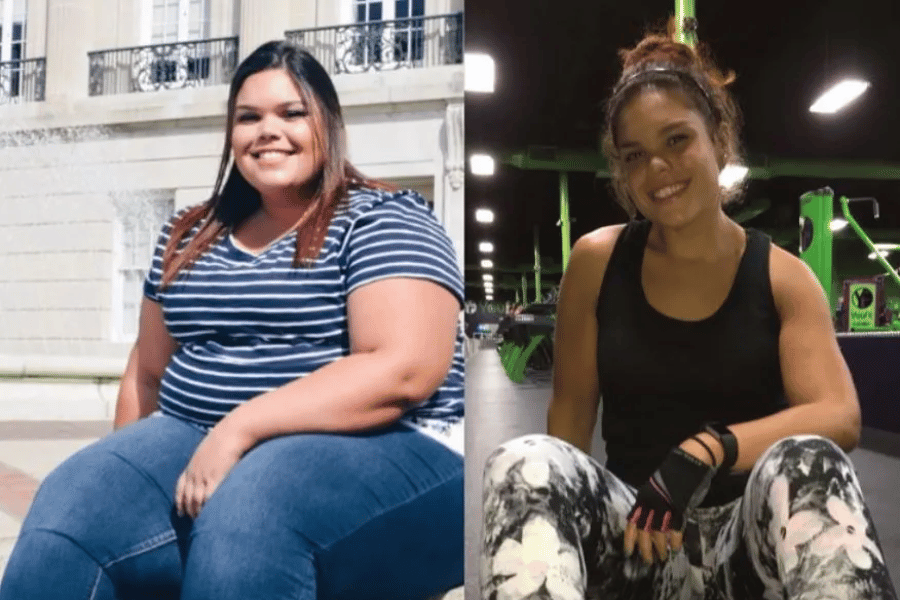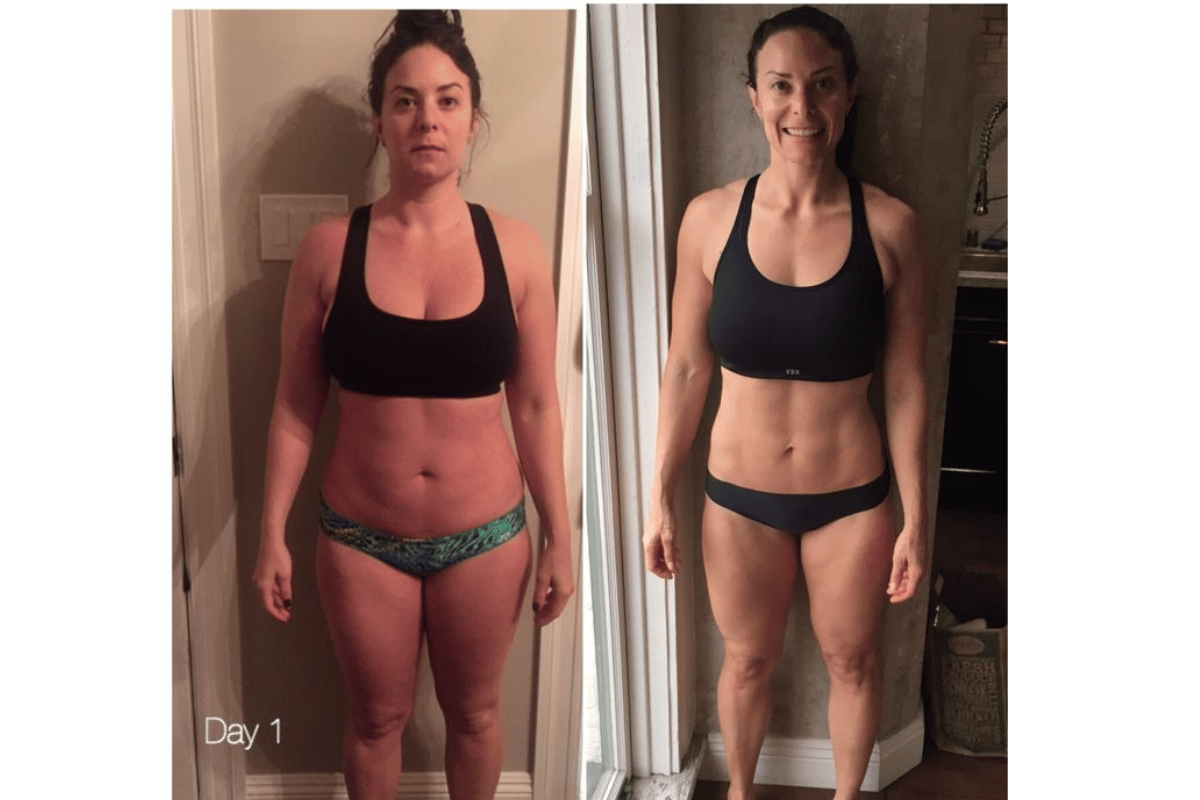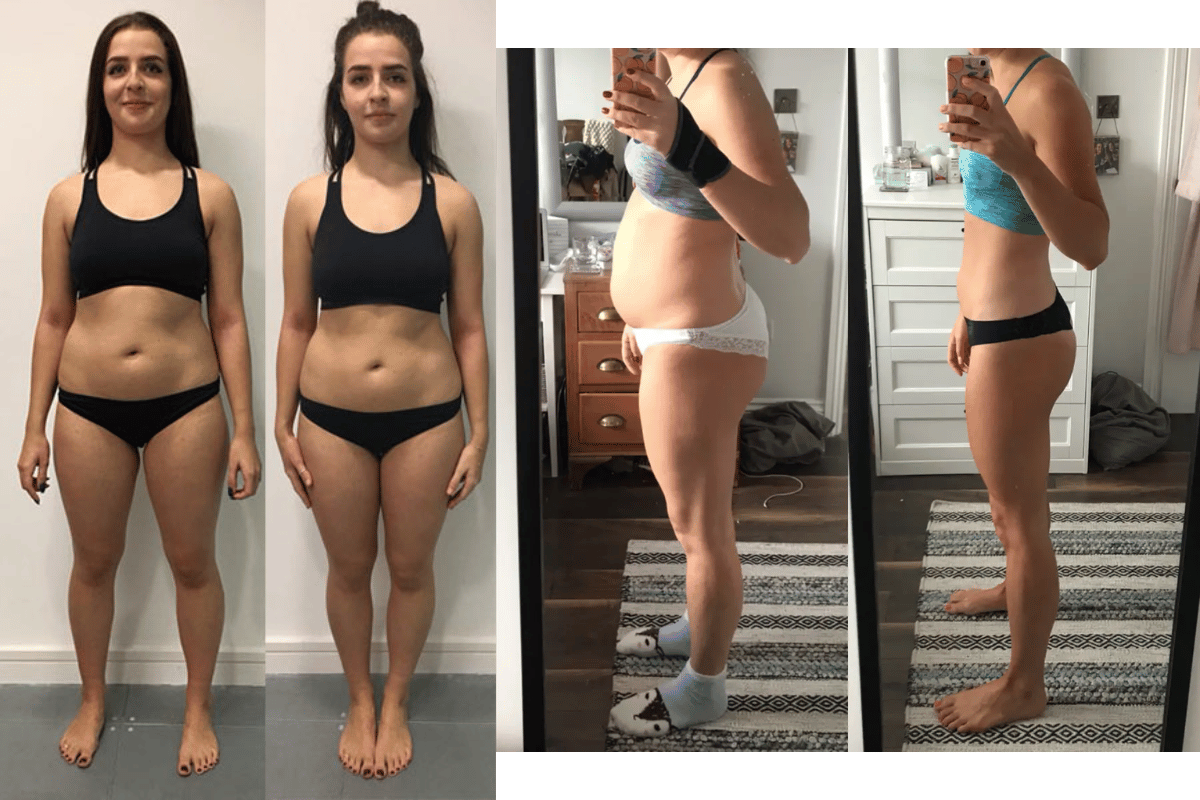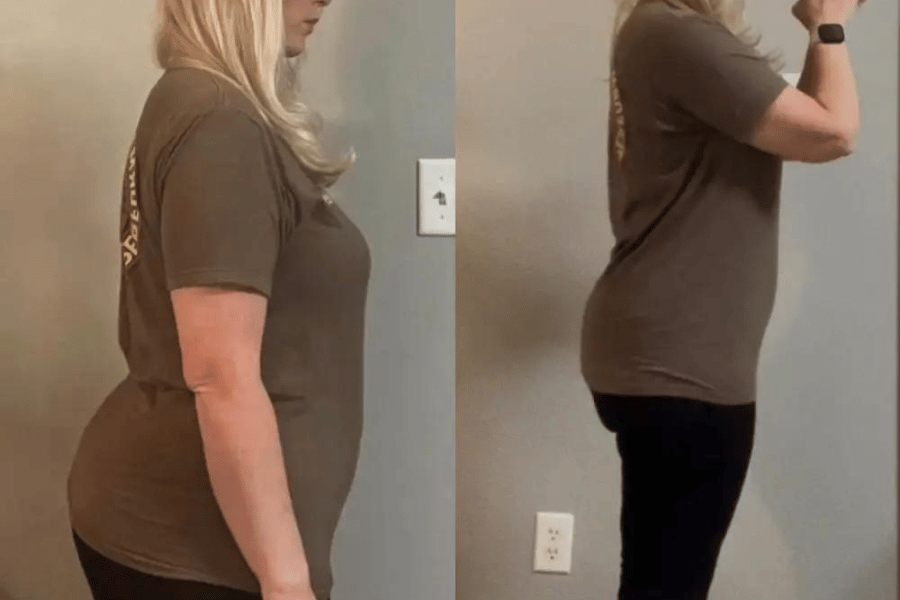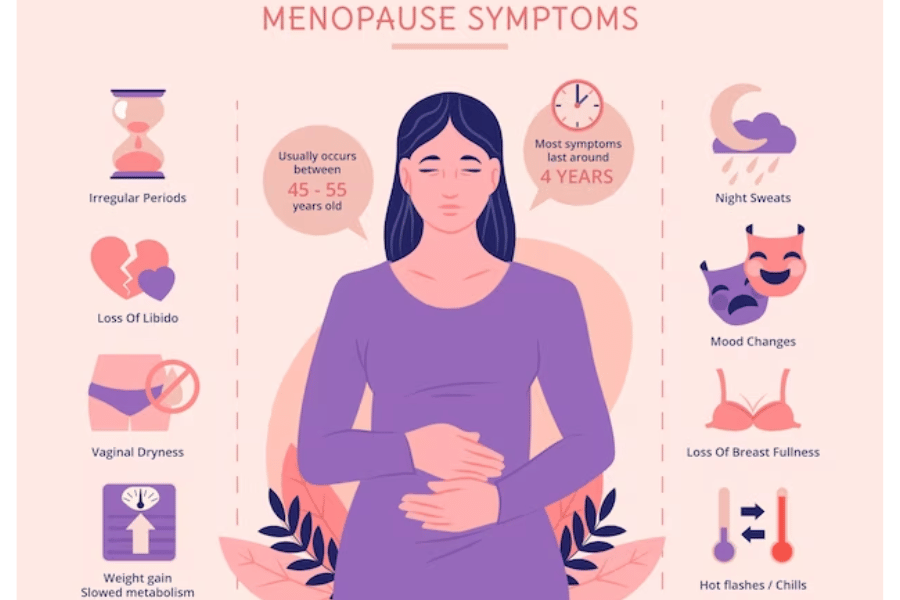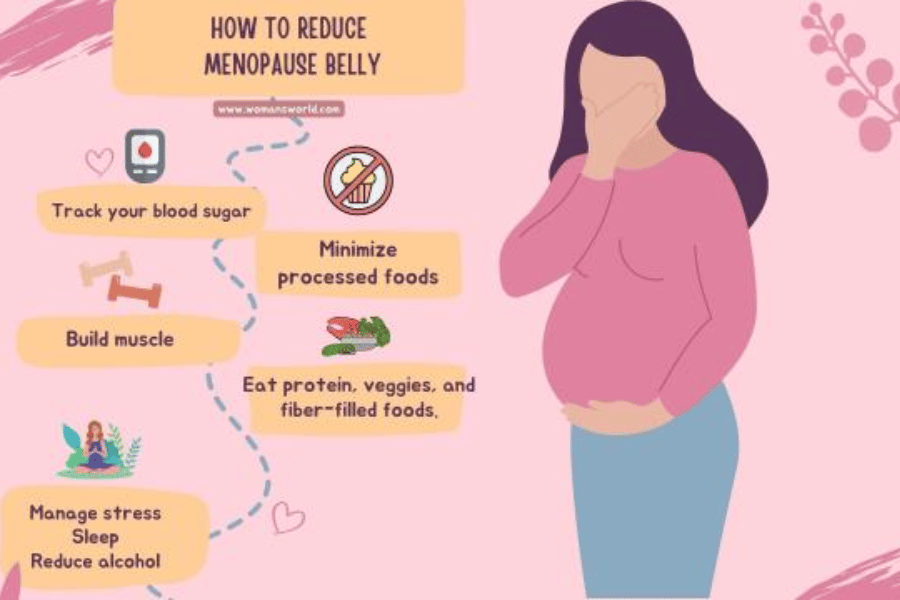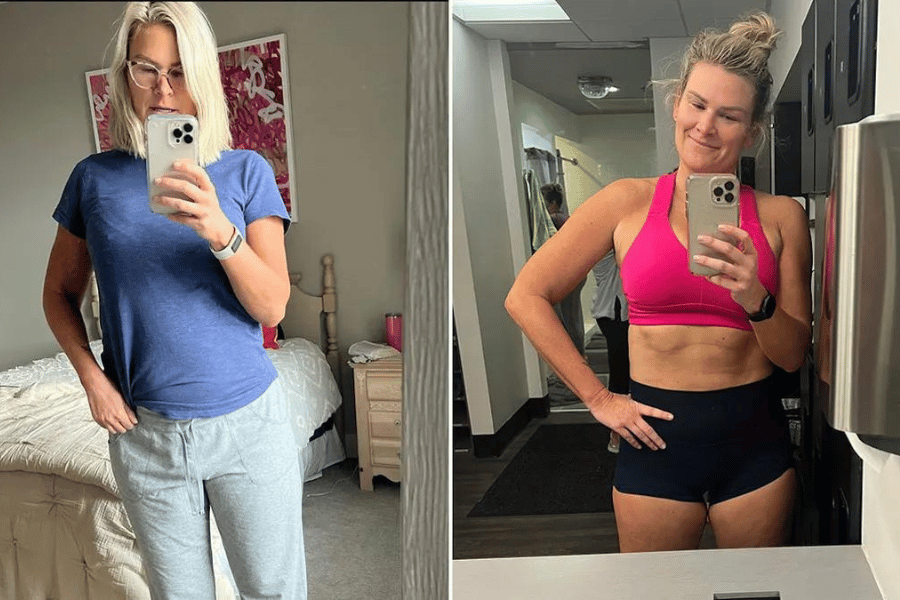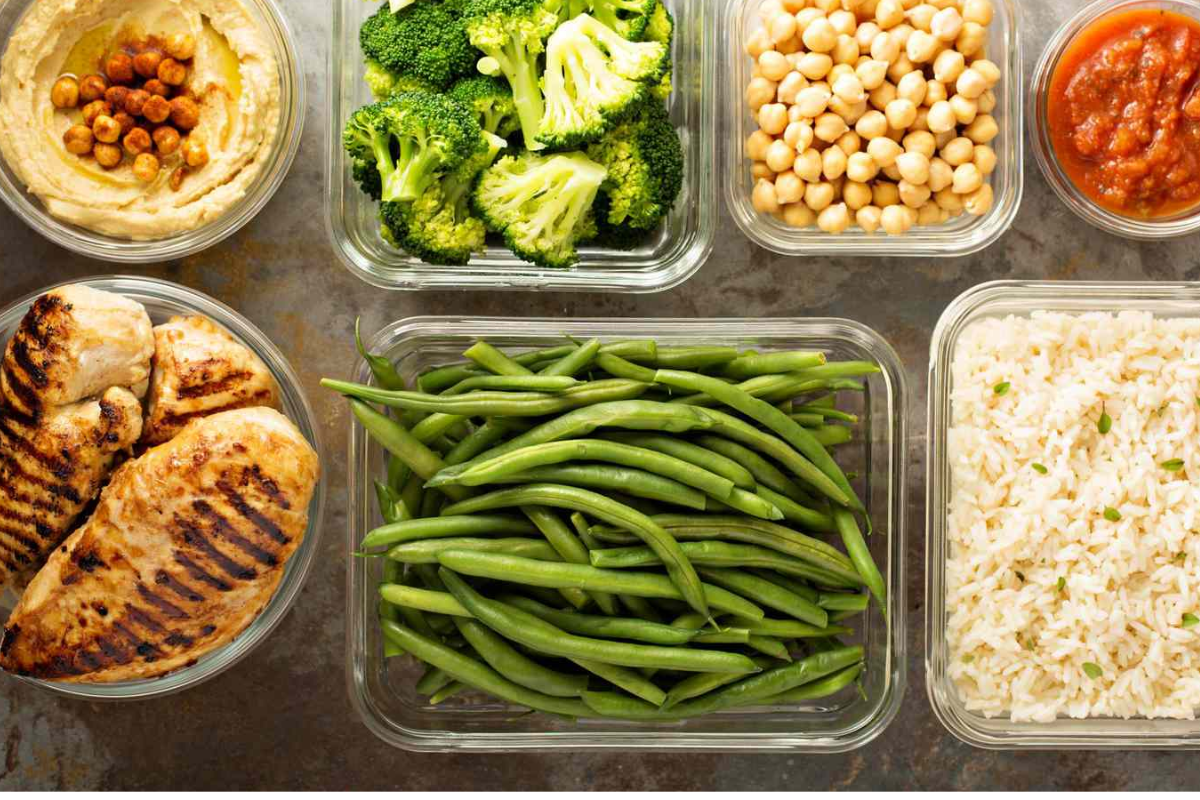In the wake of Valentine’s Day 2024, many individuals are eager to shed those extra pounds gained during the romantic celebrations. If you’re wondering how to lose weight effectively, you’re in the right place. In this article, we’ll explore the top 6 trending pieces of advice to help you achieve your weight loss goals and get back on track after the indulgent holiday season. Whether you’re looking for practical tips, dietary guidance, or exercise strategies, we’ve got you covered. Read on to discover the latest insights on how to lose weight and embark on a healthier journey in the post-Valentine’s Day period.
As we transition out of the Valentine’s Day celebrations in 2024, many of us find ourselves reflecting on the love and joy shared during this special time. However, it’s also common to notice the extra pounds that may have crept in as a result of indulgent meals and sweet treats. It’s no surprise that after such festivities, the desire to lose weight and prioritize our health and fitness becomes a top priority.
In this article, we’ll delve into the post-Valentine’s Day period and explore the importance of shedding those extra pounds to maintain a healthy lifestyle. We understand that embarking on a weight loss journey can be daunting, which is why we’ve compiled six trending pieces of advice to help you achieve your weight loss goals effectively.
Whether you’re looking to kickstart a healthier lifestyle or continue your fitness journey, stay tuned as we guide you through the top advice on how to lose weight and regain control of your well-being. Let’s dive in and discover the key strategies to make your post-Valentine’s Day transformation a success.

how to lose weight
The Power of Balanced Nutrition
When it comes to how to lose weight, one of the most fundamental aspects to consider is the power of balanced nutrition. Eating the right foods in the right quantities can make a significant difference in your weight loss journey.
A well-balanced diet is crucial because it provides your body with the necessary nutrients it needs to function optimally while controlling calorie intake. To embark on a successful weight loss journey, consider the following advice:
1. Nutrient-Dense Foods: Focus on foods that are rich in nutrients but relatively low in calories. Include plenty of fruits, vegetables, lean proteins, whole grains, and healthy fats in your diet.
2. Portion Control: Pay attention to portion sizes to avoid overeating. Using smaller plates and practicing portion awareness can help you regulate your calorie intake.
3. Meal Planning: Plan your meals in advance to ensure you have access to healthy options. This can prevent impulsive, unhealthy food choices.
4. Mindful Eating: Be present during meals, savoring the flavors and textures of your food. Avoid distractions like TV or smartphones, as they can lead to mindless eating and overconsumption.
By incorporating these nutrition strategies into your daily routine, you’ll set a strong foundation for your weight loss journey. Remember that a balanced diet not only helps you shed pounds but also contributes to overall well-being and health.
Incorporating Physical Activity
In the quest to understand how to lose weight, the role of physical activity cannot be overstated. Exercise plays a vital part in burning calories, increasing metabolism, and achieving a healthier weight. Let’s explore the key aspects of incorporating physical activity into your weight loss journey:
1. Variety of Workouts: To keep things engaging and effective, consider a variety of workouts. This can include cardio exercises like running, swimming, or cycling, which help burn calories and improve cardiovascular health. Additionally, incorporating strength training exercises can build lean muscle mass, boosting your metabolism.
2. Consistency: Consistency is the key to success when it comes to exercise. Aim for regular workouts, ideally most days of the week. Establishing a routine helps you stay on track and make exercise a natural part of your life.
3. Achievable Goals: Set achievable fitness goals that align with your weight loss objectives. Whether it’s increasing your daily step count, lifting heavier weights, or completing a certain number of laps in the pool, having clear goals keeps you motivated.
4. Listen to Your Body: Pay attention to your body’s signals. If you feel fatigued or experience discomfort, it’s essential to rest and recover to prevent injuries. Push yourself, but not to the point of exhaustion.
Remember that physical activity not only aids in weight loss but also contributes to overall health and well-being. It can boost your mood, increase energy levels, and reduce the risk of chronic diseases. So, whether it’s hitting the gym, going for a jog, or simply taking a brisk walk, incorporating physical activity into your daily routine will undoubtedly help you on your journey to a healthier weight.
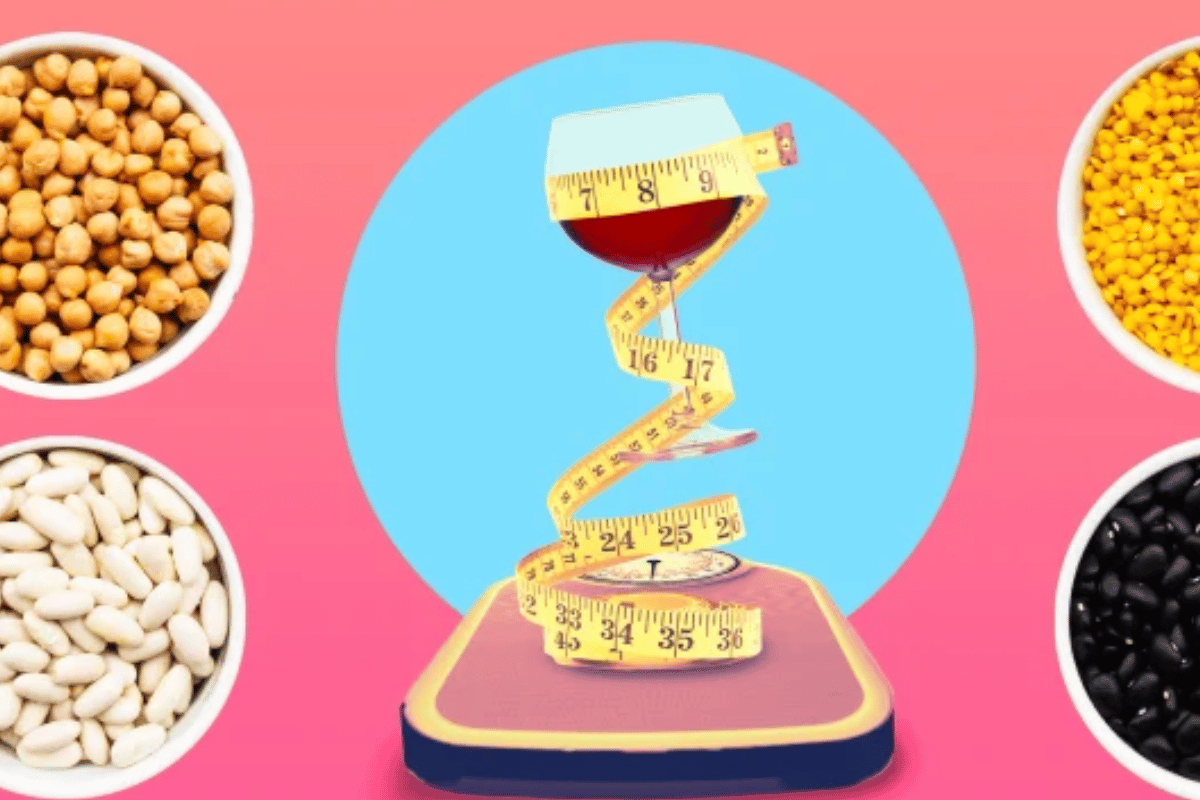
how to lose weight
Mindful Eating Habits
In the pursuit of understanding how to lose weight, adopting mindful eating habits can be a game-changer. Mindful eating is all about being present during meals, paying close attention to what and how you eat, and making conscious choices. Here are some practical tips to incorporate mindful eating into your weight loss strategy:
1. Eating Slowly: Slow down your eating pace. Take your time to chew each bite thoroughly and savor the flavors. This allows your body to recognize when it’s full, preventing overeating.
2. Recognize Hunger Cues: Tune in to your body’s hunger and fullness cues. Eat when you’re genuinely hungry, not out of boredom or emotional triggers. Likewise, stop eating when you’re satisfied, not when you’re overly full.
3. Avoid Distractions: Minimize distractions during meals. Put away your smartphone, turn off the TV, and focus solely on your food. Distractions can lead to mindless eating, where you consume more calories than you intend to.
4. Portion Awareness: Be mindful of portion sizes. Use smaller plates to help control portions and prevent overindulgence.
5. Emotional Eating: Recognize emotional triggers that may lead to overeating. Find alternative ways to cope with stress or emotions, such as practicing deep breathing, going for a walk, or engaging in a hobby.
6. Enjoy the Experience: Eating should be an enjoyable experience. Savor the textures and flavors of your food, and appreciate the nourishment it provides your body.
Mindful eating not only aids in weight management but also fosters a healthier relationship with food. By becoming more attuned to your body’s signals and making conscious choices, you can prevent the common pitfalls of mindless overeating and make progress toward your weight loss goals.
Hydration and Weight Loss
As we explore effective strategies for how to lose weight, one often overlooked aspect is proper hydration. Staying adequately hydrated is essential for your overall health, and it can significantly impact your weight loss journey. Let’s delve into the relationship between hydration and effective weight loss:
1. Metabolism Boost: Drinking enough water can rev up your metabolism, aiding in calorie burning. This means that staying hydrated can help you burn more calories throughout the day, even when you’re not actively exercising.
2. Calorie Control: Sometimes, our bodies mistake thirst for hunger, leading to unnecessary snacking and overeating. By staying well-hydrated, you can prevent this confusion and better control your calorie intake.
3. Appetite Suppression: Drinking water before meals can create a feeling of fullness, reducing the likelihood of overindulging during your meals. This simple practice can be a helpful tool in managing portion sizes.
4. Improved Digestion: Proper hydration supports optimal digestion, ensuring that your body absorbs nutrients efficiently. This can contribute to better overall health and energy levels, which are essential for an active lifestyle.
5. Reduction in Liquid Calories: Opt for water or other low-calorie beverages instead of sugary drinks or calorie-laden coffee beverages. Liquid calories can quickly add up and hinder your weight loss efforts.
To maintain proper hydration, aim to drink at least eight glasses (64 ounces) of water per day, but individual needs may vary. Staying hydrated not only supports weight loss but also boosts your energy levels and overall well-being. So, make hydration a priority in your weight loss journey, and you’ll be one step closer to achieving your goals.

how to lose weight
Lifestyle Adjustments for Success
In the pursuit of effective strategies for how to lose weight, it’s essential to recognize the significance of making sustainable lifestyle adjustments. Weight loss isn’t just about diet and exercise; it’s about creating a long-lasting, healthy way of living. Here are key lifestyle adjustments that can contribute to your weight loss success:
1. Stress Management: High stress levels can lead to emotional eating and weight gain. Incorporate stress-reduction techniques into your daily routine, such as meditation, yoga, deep breathing exercises, or engaging in hobbies you enjoy.
2. Quality Sleep: Lack of sleep can disrupt hormonal balance and appetite regulation, making it harder to control your weight. Prioritize getting 7-9 hours of quality sleep each night to support your weight loss efforts.
3. Consistency with Healthy Habits: Consistency is key when it comes to adopting healthy habits. Whether it’s maintaining a regular exercise routine, preparing balanced meals, or staying hydrated, aim for consistency in your daily choices.
4. Self-Care: Caring for your mental and emotional well-being is essential. Make time for self-care activities that bring you joy and relaxation, whether it’s reading, taking baths, or spending time with loved ones.
5. Social Support: Seek support from friends, family, or even a weight loss group. Having a support system can help you stay motivated and accountable on your journey.
6. Long-Term Perspective: Understand that weight loss is a gradual process. Focus on long-term health and well-being rather than quick fixes. Sustainable changes lead to lasting results.
By integrating these lifestyle adjustments into your daily routine, you’ll create a holistic approach to weight loss. Remember that the journey to a healthier weight is not just about the destination but also about the path you take to get there. Prioritize self-care, reduce stress, and cultivate healthy habits to ensure your weight loss success is both sustainable and fulfilling.
Weight Loss Supplements and Trends
In the ever-evolving landscape of how to lose weight, it’s essential to stay informed about the latest trends and supplements that claim to aid in weight loss. While some products may be effective, it’s crucial to approach them with caution and research. Here, we discuss the trending use of supplements and weight loss products:
1. Dietary Supplements: Dietary supplements, such as vitamins, minerals, and herbal extracts, are often marketed as weight loss aids. Some supplements may have a modest impact on weight loss when combined with a healthy diet and exercise, but results can vary.
2. Fat Burners: Fat burner supplements are designed to boost metabolism and promote fat loss. They often contain ingredients like caffeine, green tea extract, or thermogenic compounds. It’s important to consult a healthcare professional before using such products, especially if you have underlying health conditions.
3. Appetite Suppressants: Appetite suppressants are intended to reduce food cravings and help control calorie intake. These supplements may contain natural ingredients like glucomannan or prescription medications that should only be used under medical supervision.
4. Weight Loss Teas: Herbal teas marketed for weight loss, such as green tea or detox teas, have gained popularity. While these teas may have some health benefits, their role in significant weight loss is limited.
5. Trendy Diets: Various diets gain popularity, from ketogenic and intermittent fasting to plant-based and paleo diets. It’s essential to choose a diet plan that aligns with your preferences and health goals, but always consult with a healthcare provider before making drastic dietary changes.
6. Caution and Research: Before incorporating any supplements or following trends, research their safety and efficacy. Consult a healthcare professional to determine if they are appropriate for your specific circumstances and health status.
Remember that there is no magic solution for weight loss. While some supplements and trends may offer support, they should complement a balanced diet and regular exercise rather than replace them. Always prioritize your health and consult with a healthcare provider before introducing any new supplements or drastic changes to your weight loss plan.

how to lose weight
Setting Realistic Goals and Tracking Progress
As we delve into the strategies of how to lose weight, it’s crucial to emphasize the importance of setting realistic goals and tracking your progress. Sustainable weight loss requires careful planning and monitoring. Here’s how you can effectively set and track your weight loss journey:
1. Set Achievable Goals: Begin by setting clear and achievable weight loss goals. These goals should be specific, measurable, and realistic. Avoid setting overly ambitious targets that may lead to frustration.
2. Track Your Food Intake: Keeping a food diary can help you monitor your daily calorie intake. This allows you to identify areas where you can make healthier food choices and control portions.
3. Measure Your Progress: Regularly measure your weight and body measurements to track your progress. Additionally, consider taking photos to visually document your journey. Remember that weight loss is not always reflected solely on the scale; improvements in body composition are equally important.
4. Utilize Technology: There are various apps and tools available that can help you track your diet, exercise, and progress. These tools can provide valuable insights and keep you accountable.
5. Celebrate Small Victories: Don’t overlook the significance of small achievements on your weight loss journey. Celebrate reaching milestones, such as losing a few pounds or consistently sticking to your exercise routine. Recognizing these victories can boost motivation.
6. Adjust as Needed: Be flexible and willing to adjust your goals and strategies if necessary. Plateaus or setbacks can occur, but they shouldn’t discourage you. Adapt your plan to overcome challenges and keep moving forward.
Remember that weight loss is a gradual process, and consistency is key. Tracking your progress allows you to identify what works for you and make necessary adjustments along the way. By setting realistic goals and monitoring your journey, you’ll have a clearer path to achieving your desired weight and maintaining your success in the long run.
FAQ: Post-Valentine’s Day 2024 – Top 6 Trending Advice on How to Lose Weight
Q1: What’s the best way to start a weight loss journey after Valentine’s Day celebrations?
A1: A great way to start your post-Valentine’s Day weight loss journey is by setting clear and achievable goals. Focus on balanced nutrition, regular physical activity, and mindfulness in eating habits. Remember that gradual changes and consistency are key.
Q2: Can supplements and trends really help with weight loss?
A2: Some supplements and trends may offer support in weight loss, but they should complement a healthy diet and exercise routine. It’s essential to research their safety and efficacy and consult a healthcare professional before incorporating them into your plan.
Q3: How do I stay motivated throughout my weight loss journey?
A3: Staying motivated can be challenging, but celebrating small victories, setting achievable goals, and tracking your progress can help. Surround yourself with a supportive community or friends who share your goals, and don’t forget to practice self-care and manage stress.
Q4: Is there a one-size-fits-all approach to weight loss?
A4: No, there isn’t a one-size-fits-all approach to weight loss. Different strategies work for different people. It’s crucial to find a plan that aligns with your preferences, lifestyle, and health goals. Consulting a healthcare provider can help you create a personalized plan.
Q5: How can I avoid emotional eating during my weight loss journey?
A5: To avoid emotional eating, recognize emotional triggers and find alternative ways to cope with stress or emotions, such as meditation, hobbies, or talking to a friend. Mindful eating practices, like eating slowly and savoring flavors, can also help.
Q6: What should I do if I hit a weight loss plateau?
A6: Plateaus are common during weight loss. To overcome them, consider adjusting your diet or exercise routine, increasing the intensity of your workouts, or seeking guidance from a healthcare professional. Patience and perseverance are essential during plateaus.
Q7: How can I ensure my weight loss progress is sustainable?
A7: Sustainability is crucial in weight loss. Focus on creating long-lasting lifestyle adjustments, such as managing stress, getting quality sleep, and practicing consistency with healthy habits. Avoid crash diets or extreme measures, as they often lead to short-term results.
